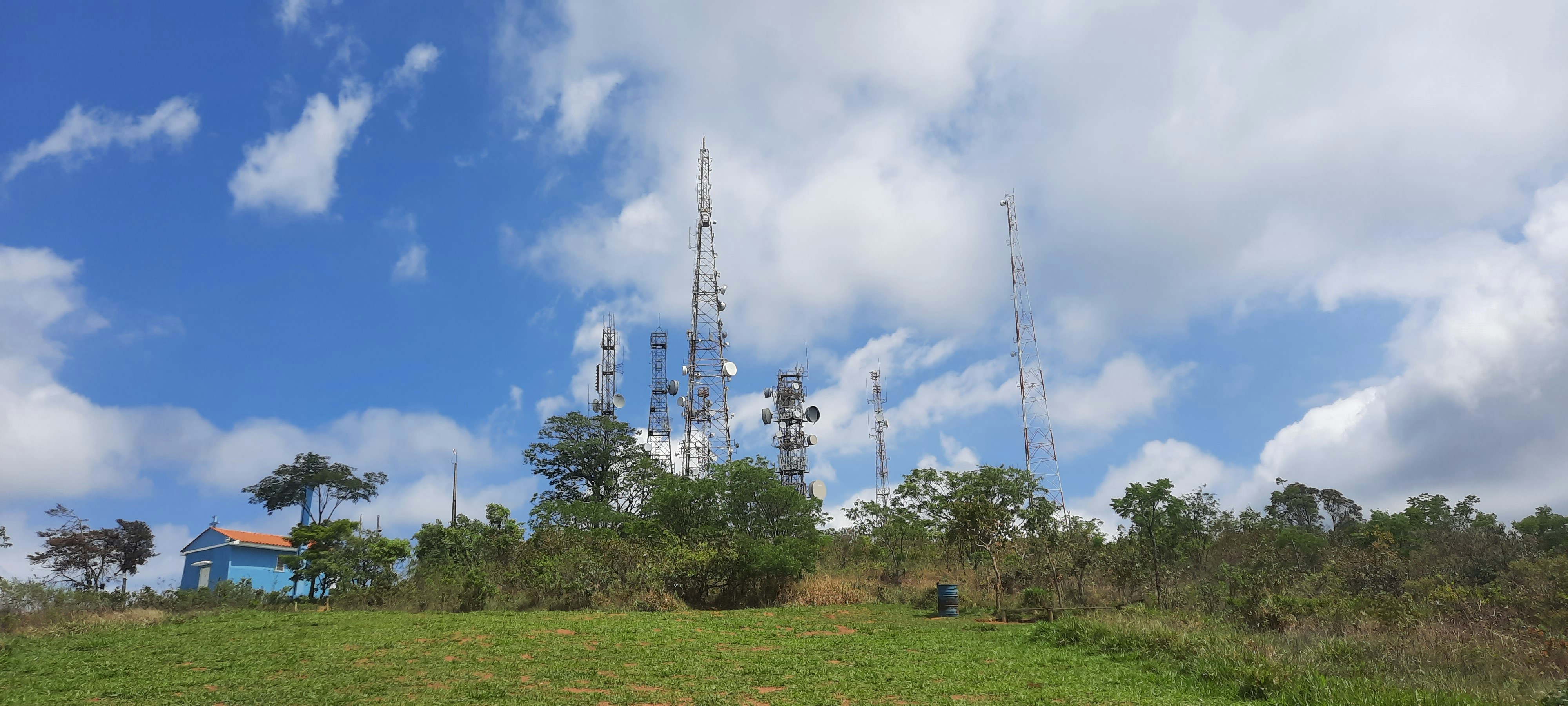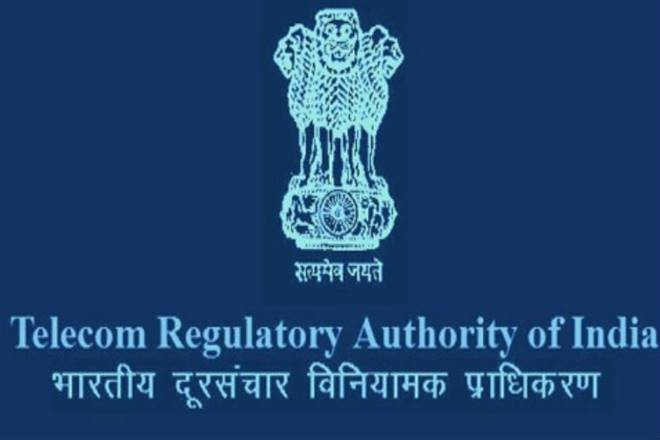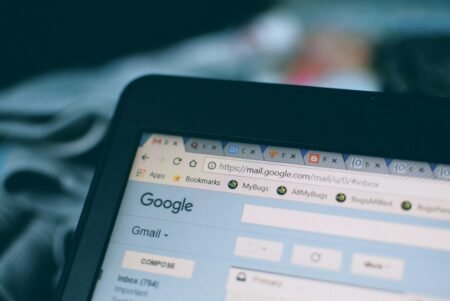TRAI reduced the IUC fee to 6 paise per minute on 1 October 2017. It was earlier 14 paise per minute, and now it will continue 6paise per minute for the year 2020
The Telecom Regulatory Authority of India (TRAI) on today postponed its decision to scrap Interconnect Usage Charges (IUC) by one year to January 2012. As a result, Telecom operators will continue to get 6 paise per minute for each call they received from other networks till December 31, 2020. IUC is extremely important from customers as well as the telecom service providers’ perspective. It allows the customers, services, and networks of one service provider to access the same service of other service providers.
From January 01, 2021, onwards the IUC or the termination charge for wireless to wireless domestic calls shall be zero,”. Since telecom firms have been asked to pay IUC till December next year, the same will also reflect on customers’ accounts. The operators will continue to earn Re 0.06 for every call received from another operator.

TRAI’s latest move is likely to bring relief to Bharti Airtel Ltd and Vodafone Idea Ltd, as both of them earn a portion of their revenue from IUC. Both Voda-Idea and Airtel have higher incoming than outgoing calls and hence were against the scrapping of IUC. Reliance Jio, on the other hand, wanted the charges to be scrapped. Of Jio’s total calls, about 64% of its total traffic was outgoing. The telecom regulator had earlier proposed that the IUC charges must be lowered from 14 paise earlier. The regulator had also proposed an end to IUC from 1 January 2020.
TRAI said that the termination charge of 0.6 paise per minute for wireless to wireless domestic calls will continue till December 31, 2020. TRAI reduced the IUC fee to 6 paise per minute on 1 October 2017. It was earlier 14 paise per minute. TRAI had earlier said that IUC charges will be reduced to zero from January 1, 2020. TRAI said that from January 1, 2021, the termination usage charge for wireless to wireless domestic calls will be reduced to zero.
In a media statement, TRAI has mentioned,
On the basis of comments received from stakeholders in writing and during the open house discussion, and its own analysis, the Authority has prescribed the revised date of applicability of Bill and Keep (BAK) regime i.e. zero termination charges in respect of wireless to wireless domestic calls w.e.f. 1st January 2021 through these Regulations.
How IUC Charges Will Help to Telecom Operators
Telecom Regulatory Authority of India (TRAI) IUC comes under the jurisdiction. As of September 2017, the IUC rate was 14 paise per minute. Which was reduced to 6 paise per minute from October 1, 2017. TRAI had talked about ending the IUC from 1 January 2020. Now Telecom operators will continue to earn 6paise per minute as IUC charge till December 31, 2020.
What is IUC in Telecom Industry
Interconnect Usage Charge or IUC is a cost paid by one mobile telecom operator to another when its customers make outgoing mobile calls to the other operator’s customers. These calls between two different networks are known as mobile off-net calls. IUC charges are fixed by the Telecom Regulatory Authority of India (TRAI) and are currently at 6 paise/minute.
Vodafone Idea and Bharti Airtel had backed postponing implementation of the zero-IUC regime, as they are net revenue earners. Reliance Jio, which is a net payer, had opposed any deferral. The telecom regulator in September had issued a discussion paper on deferring the implementation of the zero-interconnect usage charges (IUC) regime, saying that consumers are yet to migrate completely to data calls and that the imbalance in voice traffic between operators still exists.
The Telecom Regulatory Authority of India (TRAI), in the paper, required stakeholder views on the need to “revise the applicable January 2020 date for implementing the BAK (bill and keep) or zero-termination charge regime,” and parameters that need to be adopted to set an alternative date. At present, the interconnect charge is paid by the call-originating telco to the destination operator. But under the proposed BAK system, which is set to take effect from January, the call-originating telco, which also bills the user, would keep the money, thus making it a zero-IUC regime.





